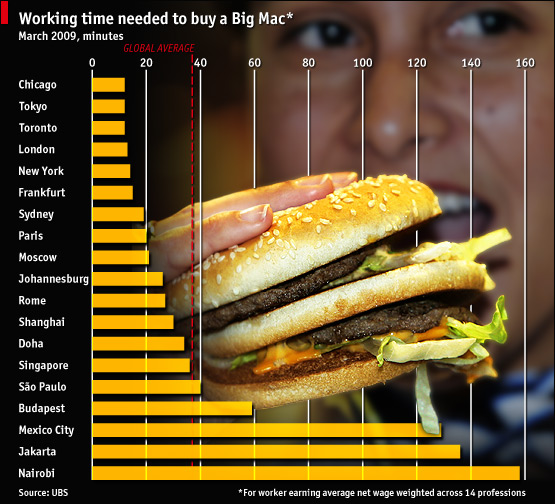I watched a rerun of Annie Hall. It has been around long enough that it evidently has become a classic; it was on PBS, so it must be classy. I mostly watched it for old time’s sake and as a kind of thought provoking commentary on a particularly shallow part of human nature. I used to like Woody Allen, but I now find his persona on-screen merely annoying.
I would credit Woody Allen with creating a hateful character just to call showcase the flaws, but his on-screen personality is evidently better than his real-life one, so he is just being a better version of himself. And there are a lot of people like him, so let’s consider the real characters that Woody’s screen character represents.
In one scene, Woody’s character complains that he cannot be happy as long as he knows that one person on earth is miserable. He implies that this is somehow noble. Of course it’s just stupid. But it is worse than stupid in many cases. Here’s why.
I have known many of those guilty types who claim to feel terrible about the world’s suffering. But they very rarely do much about it. IMO, they think that the fact that they feel guilty is a kind of penance that absolves them of the responsibly to do anything proactive. The Woody Allen character is a horrible human being, for example. He is selfish, unreliable, dishonest, weak and just a general shithead. He causes suffering in the people around him. BUT he says the politically correct things and he feels bad about the state of the world. This, in his opinion, buys him an indulgence.
We sometimes mistake such attitudes as intellectual. Of course, we have to recognize that intellectual does not equal intelligent, at least in the current conception. An interesting definition of a modern intellectual is that he loves all mankind, but cannot think of too many individual people he likes. This is the Woody Allen character and unfortunately there are more.
I wonder why I ever found this funny. I don’t object to the sharp, cynical or even nasty humor. It is just that the wimpy perpetual victim is not funny or attractive. I guess I can make the excuse that I was a lot younger and less experienced. That kind of pseudo-wisdom appeals to the pseudo-educated and that was me back when Annie Hall came out. IMO, you have to pass through that stage, where you are a little selfish and cynical AND you think the rest of the world is that way too. If you are lucky, it passes quickly, although some, like Woody Allen himself, seem never to recover. It is sad really.
If everybody likes you, you are probably a kiss-ass w/o a strong personality or values. On the other hand, if nobody likes you, you are probably an asshole. It is unlikely that you are that seriously misunderstood. It is not nice to “blame the victim” but sometimes the victim is to blame and some people are not only unhappy themselves, but they inspire unhappiness in others. No good can come from being around them. And since you probably already know how to be unhappy, you cannot learn much from them. Well … I suppose you can learn by negative example, and maybe I should thank Woody Allen for showing me things I would never want to be.







